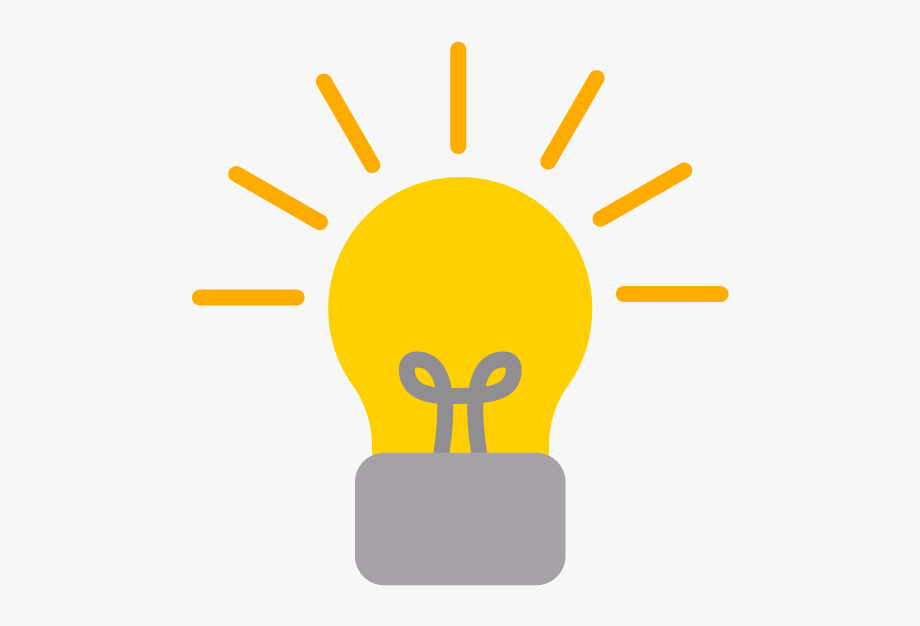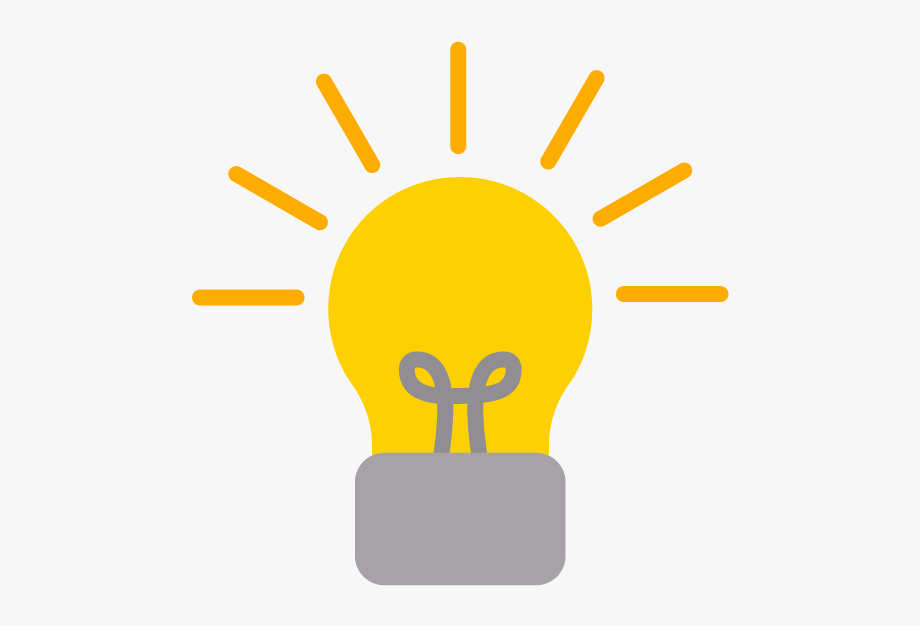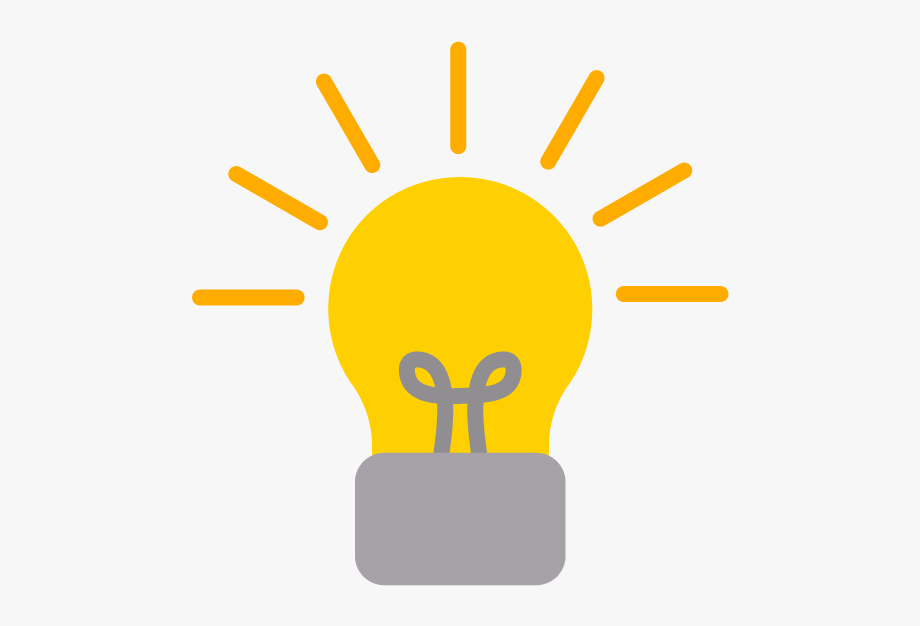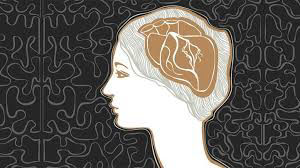
SLEEP TIPS - For more information and tips on sleep
Visit the Sleep Foundation - https://www.sleepfoundation.org/
#tips #keeplearningUse NHS login to access all your clinical information on this portal
Alternatively, you can sign up or login to beth using your email address and password:
What is Beth?
Beth is a secure platform powered by the South London and Maudsley NHS Foundation Trust (the trust) that promotes supported self-management and opportunities to improve communication between service users, carers and clinicians.
It is currently in development, more features and improvements will be added in the coming months.
Who is Beth for?
Anyone can sign up to Beth to explore wellbeing tips and recovery stories and create goals and coping strategies. If you need help or support using Beth, please email beth@slam.nhs.uk
If you are a service user at the South London and Maudsley NHS Foundation Trust, you can choose to connect your Beth account with your health record and care team. This will enable you to send and receive messages with your care team, share tracking, goals and coping strategies with them. Watch a YouTube video that shows you how to use each feature.
If you are a close family member, friend or carer of a service user at the trust, you can connect with their care team and let the team know how the person you support is doing.
If you are staff at the trust, you can access Beth via the icon in the top panel in ePJS. You can send and receive messages with service users and their carers and view updates that your caseload has chosen to share with you. As staff, if you need help or support using Beth, please contact the trust service desk. Watch a YouTube video that shows you how to use each feature.
Beth is powered by South London and Maudsley NHS Foundation Trust, if you are interested in using Beth in your trust or organisation, contact: DigitalServices@slam.nhs.uk
Why Beth?
Beth aims to demonstrate how personalised health records (PHRs) could enhance NHS service delivery and support people to stay well.
How does it work / what next?
Beth is built using agile development processes which enable iteration through user-centred build, test and learn cycles.
Beth integrates with the trust's clinical record system (ePJS).
The platform is being built open source and in a modular way that allows for future integrations, features and partnerships. Development of Beth so far has been funded by Maudsley Charity.
Beth will continue to grow and develop. If you are interested in using Beth in your trust or organisation or have ideas for how to add to the platform, contact: DigitalServices@slam.nhs.uk
Small improvements in our wellbeing can help to decrease some mental health problems and also help us to get more out of life.
These 5 ways to wellbeing are proven to improve personal wellbeing. Read the full document.
#KeepLearning Learning can boost self-confidence and self-esteem, help build a sense of purpose, and help us connect with others. Research shows that learning throughout life is associated with greater satisfaction and optimism, and improved ability to get the most from life.
What might you want to learn more about?

SLEEP TIPS - For more information and tips on sleep
Visit the Sleep Foundation - https://www.sleepfoundation.org/
#tips #keeplearning#GiveToOthers Doing even little things for others can give us a sense of purpose and self-worth. It can make us feel happier and more satisfied with life. Being kind to others can stimulate the reward areas in our brain, creating positive feelings. Even doing something small for someone else can give us a buzz.
How might you do something kind for someone today?

Offer someone a compliment.
But keep it short and sweet, people can feel embarrassed by over-the-top compliments.
#tips #givetoothers#TakeNotice Being in the moment, including just being aware of our thoughts, feelings, body and the world around us, can help us appreciate the little things, understand ourselves more and get the most out of being alive.
When in your day can you stop to notice what’s happening with you and around you?

Where possible try to remove distractions from your bedroom.
It is better to watch TV, play computer games and eat in another room. This will allow you to relax with no distractions in your bedroom.
#tips #takenoticeSurviving Depression and Suicidal Thoughts

When I was 15 years old, I experienced my first depressive episode. I felt unable to leave the house or see friends as the depression brought about an increase in anxiety. My parents looked after me as best they could and I was taken to see an adolescent psychiatrist who put me on anti-depressants coupled with therapy. I gradually got better again with time and managed to do well in my exams.
I was eventually hospitalised voluntarily after more periods of illness and at 16 years old, diagnosed with bipolar affective disorder. Understandably, the diagnosis changed my life. I am now 28 and have been taking medication since then. Not long ago, I survived a suicidal depression that I had in the winter of 2013, 6 months before I went into hospital.
At this time, it was apparent that for several years my medication was not controlling my low moods. I would get really depressed very quickly, feel overly emotional when stressed and felt like I had to hide myself away. I began sleeping too much to escape the inner turmoil and to get respite. Sleep became my balm and escape.
However, it was when I began sleeping from 9-5 pm with a quick break for food, not getting washed and dressed or answering my phone and not being able to get in to work, that the psychiatrist was called to the house to see me.
I remember crying and crying- in such pain in my mind. For me, the depression felt so chemical- I knew I needed to change my medication but I didn’t know why everything felt like ‘wading through treacle’. Why couldn’t I find the joy in life anymore, I asked myself? I just couldn’t cope with the painful negative thoughts and feelings and started thinking irrationally that I would be better off not here in the world.
These suicidal thoughts were extremely challenging to deal with. I was so scared by them that I would tell my parents constantly how I was feeling. I wanted to get the thoughts out my head and so telling people became my salvation- I believe if I had bottled it up, I may not be here today.
Eventually, over time, my medical team worked together to put me on the right medication- Lithium. The Lithium has changed and saved my life. My brain chemistry is stable; I no longer feel suicidal or depressed. I get up early in the morning and I want to do things with my day. This took a long time but to anyone feeling suicidal- please reach for help.
You can get better- it is your brain playing tricks on you with an illness. I want to spread a message of hope, recovery and survival- life can be dark but if you hold on there is hope.
By Rose
